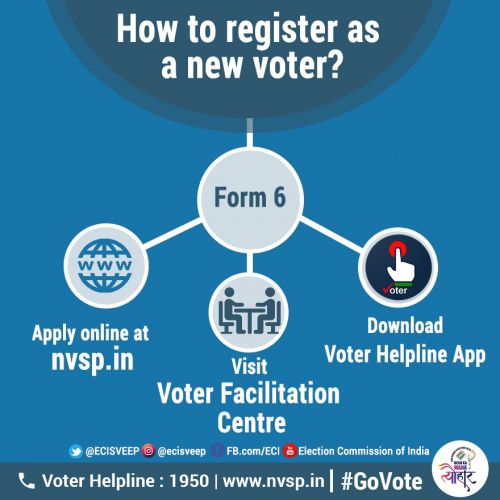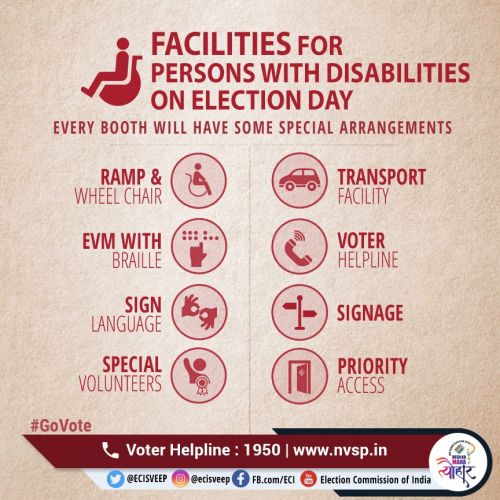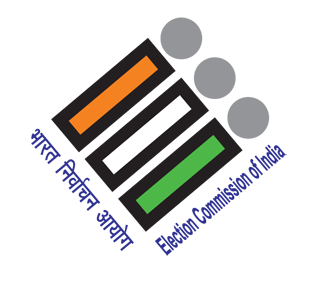-
New Initiative
-
1
Sign language Session for ECI Officials by ISLRTC
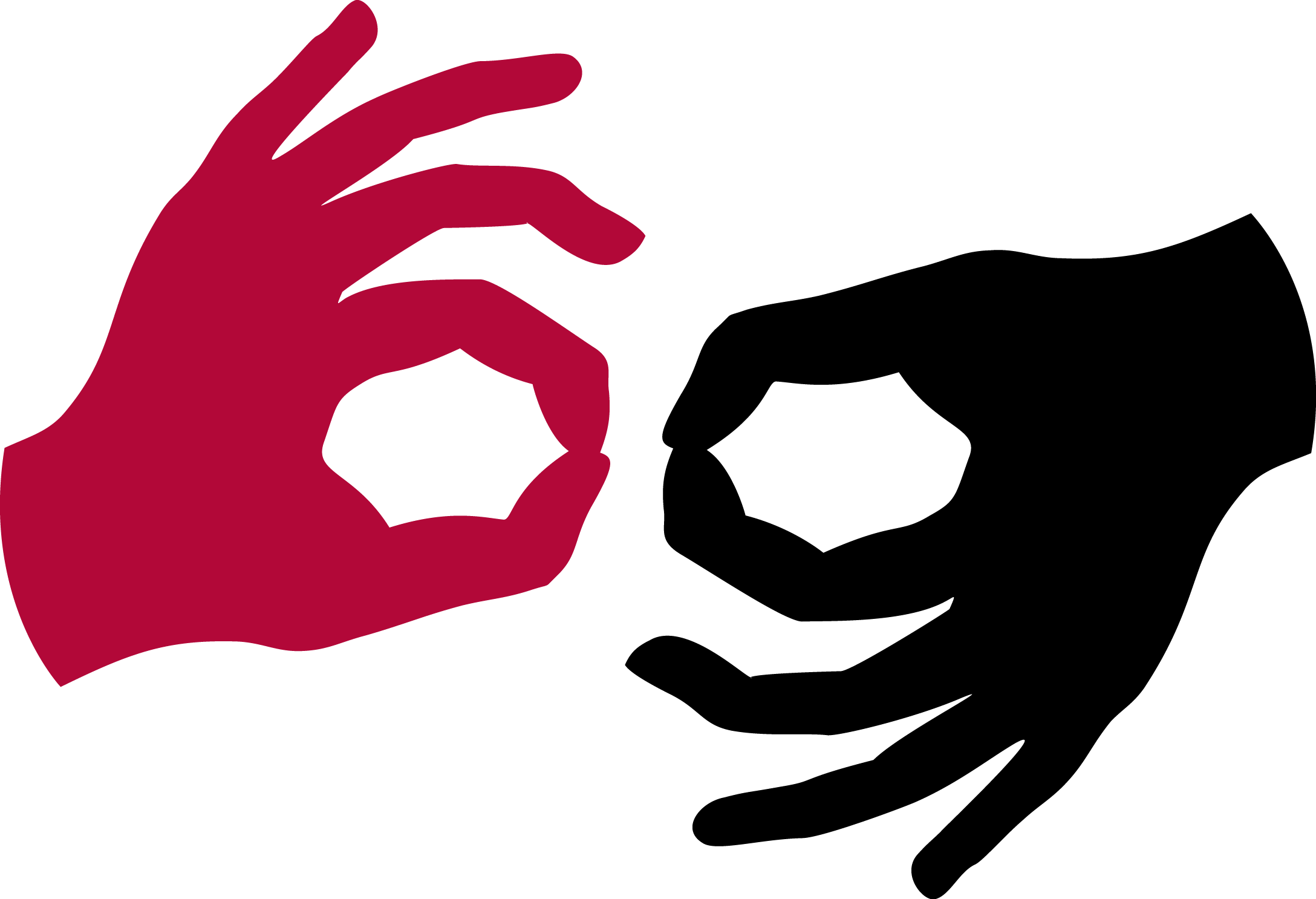 Election Commission of India, in its commitment towards Accessible Elections, organised Sign Language Training Session for officials of the Commission in collaboration with ISLRTC (Indian Sign Language Research and Training Centre) on September 12, 2018 at ECI Headquarters in New Delhi. The training was conducted by experts from ISLRTC (Indian Sign Language Research and Training Centre) wherein the officers were acquainted with basic as well as election related sign languages symbols such as Election, Identity Card, Address and Polling Booth etc. Besides, information related to basic etiquette while conversing with persons with disabilities was also shared with the Officials of the Commission and they were sensitized regarding the needs of Deaf persons. The session saw enthusiastic participation of the officials. A sensitization activity was conducted through a live demonstration of a mock poll to understand the frequently asked questions/ issues of the deaf voters. The aim of the workshop was to sensitize election officials to the needs of persons with disabilities so as to be better able to respond to their needs & facilitate them during the election process. In July 2018, Election Commission of India organised a two day National Consultation on Accessible Elections in New Delhi where the Commission declared a series of facilitation measures for Persons with Disabilities, including training and sensitisation of Election Officials.
Election Commission of India, in its commitment towards Accessible Elections, organised Sign Language Training Session for officials of the Commission in collaboration with ISLRTC (Indian Sign Language Research and Training Centre) on September 12, 2018 at ECI Headquarters in New Delhi. The training was conducted by experts from ISLRTC (Indian Sign Language Research and Training Centre) wherein the officers were acquainted with basic as well as election related sign languages symbols such as Election, Identity Card, Address and Polling Booth etc. Besides, information related to basic etiquette while conversing with persons with disabilities was also shared with the Officials of the Commission and they were sensitized regarding the needs of Deaf persons. The session saw enthusiastic participation of the officials. A sensitization activity was conducted through a live demonstration of a mock poll to understand the frequently asked questions/ issues of the deaf voters. The aim of the workshop was to sensitize election officials to the needs of persons with disabilities so as to be better able to respond to their needs & facilitate them during the election process. In July 2018, Election Commission of India organised a two day National Consultation on Accessible Elections in New Delhi where the Commission declared a series of facilitation measures for Persons with Disabilities, including training and sensitisation of Election Officials.
-
1

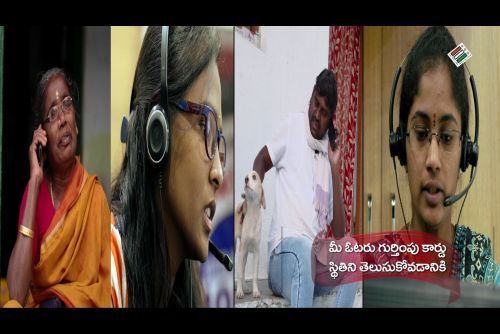
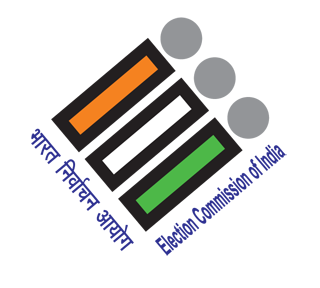


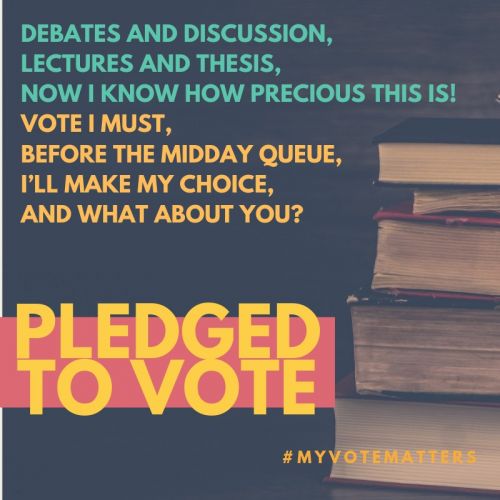

.jpeg.83142042611ae65249594cdd9f05f158.jpeg)

